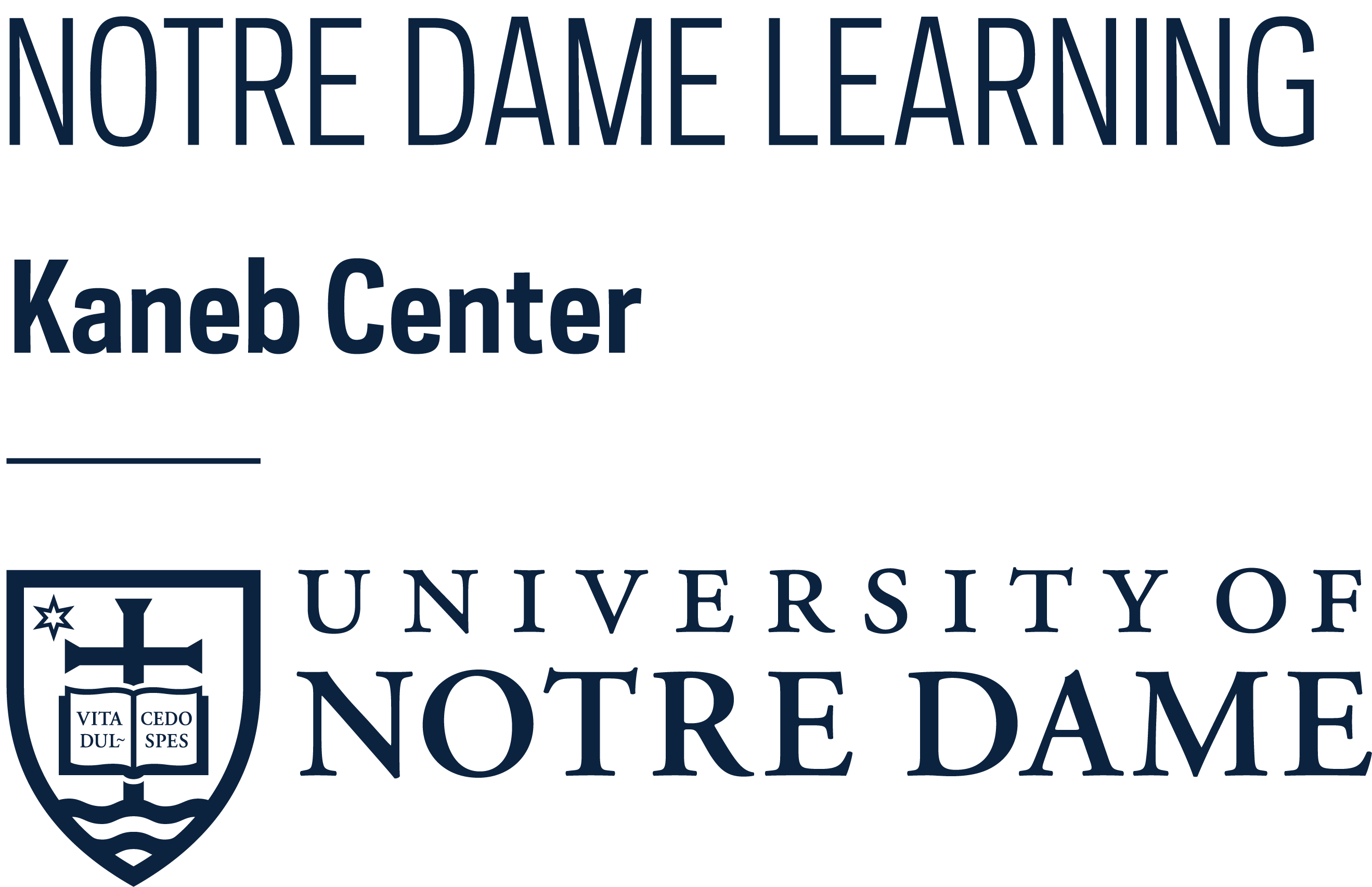As we approach what would have been Fall break in a typical semester, many of us–students, faculty, and staff alike–are starting to feel like we’ve hit a physical and emotional wall. Burnout and fatigue are common to any semester, but COVID has exacerbated these conditions. Acknowledging burnout at mid-semester poses interesting challenges and opportunities looking ahead to pre-Thanksgiving finals. If your course ends with a long research paper, you may be considering ways to simplify or refocus while maintaining rigor and effective evaluation. Redesigning the research assignment can help students to pace themselves and also manage our end of semester workload.
Why consider alternative research assignments?
The research paper has its own rhetorical components and methods that make it an important genre for undergraduate students to learn and practice. If course goals prioritize generic components like discipline-specific argumentation, or if your course requires a minimum page count, then research papers are natural and necessary modes of assessment. However, the research paper assignment also has other goals that are not bound to the genre. If your goals focus on the demonstration of foundational research skills, communication, synthesis and/or critical thinking, you could consider alternative capstone assignments.
Alternatives can:
- lighten the grading load
- scaffold the skills and strategies necessary for writing complex arguments
- develop and diversify student strengths and interests
- expose students to different voices and modes of communication
- help students to experiment with audience beyond their professor
How to create an alternative research assignment?
Standard research paper outcomes include research, argumentation, understanding of content, incorporation of evidence, citation, and synthesis. Think outside of the box and consider other outcomes that may assess the students’ abilities. Be sure to prioritize and connect assignment to course goals and consider the problems, skills, or knowledge the assignment will address. Consider devoting short segments of class time to tasks that will help students develop the skills necessary to complete the assignment. Call on colleagues, librarians, and/or technical experts to brainstorm alternative assignments. Remember: if you change anything in the course, be transparent with students about your reasons for doing so and make your evaluation criteria clear.
Sample alternative assignments:
- All-but-the-paper term paper: students complete every step in the research paper process and then write the introductory and concluding pages, a detailed outline of the body, an annotated bibliography, and an abstract
- Put on a class conference complete with poster sessions, panels, papers, etc. and let students choose how they will present research
- Summarize the literature on a topic and present the findings
- Create an anthology of readings complete with an introduction and reading summaries
- Create, judge, and “fund” research proposals
- Annotate an article for a novice reader
- Create an advertisement
- Analyze and respond to a case study
- Create an infographic
- Explanation of a multiple-choice answer: students must explain why the answer they chose to a multiple-choice question is correct, or why the alternative answers are wrong
- Meaningful paragraph: given a list of specific terms, students must use the terms in a paragraph that demonstrates that they understand the terms and their interconnections
- Curate a portfolio to demonstrate evolution of work and thinking over time
As we begin the uphill push to the end of the semester, we can also think ahead to next semester and take stock of strategies that successfully motivate student learning and engagement under these unique circumstances. Above all, let’s continue to be patient and creative in pacing student work and assessment.
References & Additional Reading:
“Tip: Research Paper Alternatives,” Tips for Teaching Professors
“Alternatives to to Traditional Exams and Papers,” Center for Innovative Teaching and Learning IU Bloomington
“Library Assignments / Research Paper Alternatives,” Carson-Newman University
“Alternatives to Research Papers,” University of Connecticut
“Alternatives to the Research Paper,” Muhlenberg College
Video Interview on UDL Assessment, Centre for Academic and Faculty Enrichment (CAFE) at Durham College
Remix Multimedia Resources, Hesburgh Libraries and the Kaneb Center for Teaching and Learning
